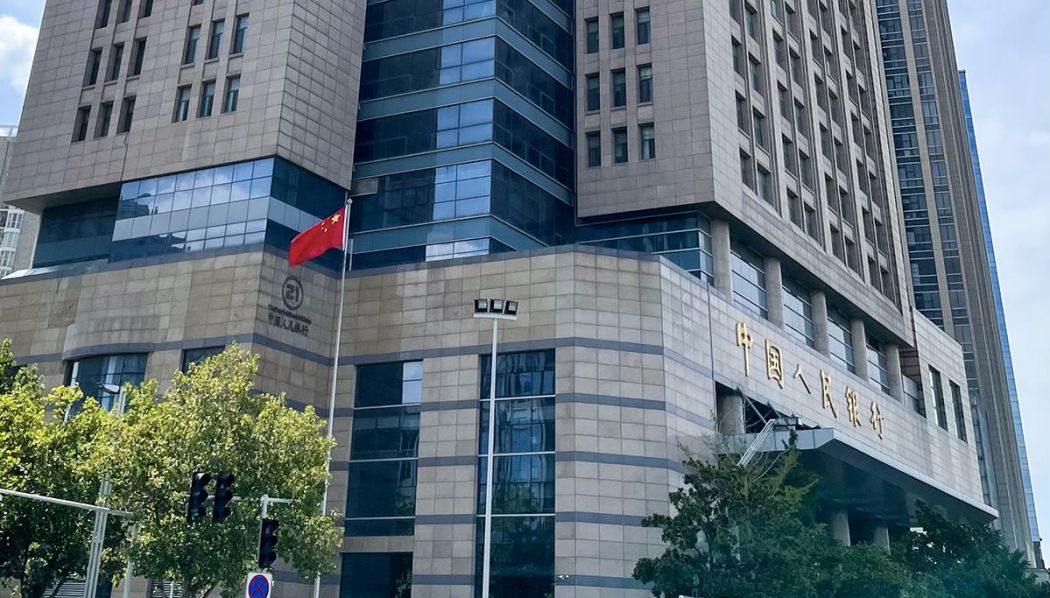Customers of rural Chinese banks whose withdrawals have been frozen will begin to get some money back Friday, regulators said, after depositors clashed with authorities at a rare protest over the weekend.
China’s rural banking sector has been hit hard by Beijing’s efforts to rein in a property bubble and spiralling debt, in a financial crackdown that has had ripple effects across the world’s second-largest economy.

Four banks in Henan province froze cash withdrawals in mid-April in the face of regulatory scrutiny into alleged mismanagement, leaving thousands of savers without funds and sparking sporadic demonstrations.
In one of the largest such rallies, hundreds gathered Sunday outside a branch of the People’s Bank of China in Henan’s capital Zhengzhou demanding their money.
The protests prompted a harsh official response, with demonstrators forced onto buses by police and beaten by plain clothes men, according to eyewitness accounts given to AFP and verified photos on social media.
Some depositors will now be able to get their money back, Henan’s provincial banking and insurance regulator said in a statement on Monday.
Individual customers with deposits of up to 50,000 yuan ($7,442) will be repaid starting Friday, the regulator said, while arrangements for repaying others will be separately announced.
“Funds that are involved in illegal or criminal (activity) will temporarily not be repaid,” the regulator said.
The announcement came a day after local police said it had arrested members of a “criminal gang” accused of taking over local banks and making illegal transfers through fictitious loans.
Protesters in a social media chat group seen by AFP were sceptical about the repayments, with one suggesting that “people with more than 50,000 yuan (in deposits) will have to continue waiting endlessly”.
The Henan banks are among a wave of small local financial institutions hit by cash flow and management woes.
Anhui province also announced Monday that it would begin repaying the deposits of some customers of a Bengbu city bank after online complaints and local media reports of frozen withdrawals.
Protests are rare in tightly controlled China, where authorities enforce social stability at all costs and opposition is swiftly repressed.
But desperate citizens have occasionally succeeded in organising mass gatherings, usually when their targets are local governments or individual corporations.
The Henan demonstrations — and subsequent crackdown — have prompted an outpouring of support, with many on the Weibo platform pointing the finger at local officials.
“Why are you treating ordinary people like this?” one user asked in a post on Monday.
Some of Sunday’s demonstrators accused officials of colluding with local banks to suppress rallies.
Provincial authorities were accused last month of abusing the country’s mandatory Covid-19 health code to effectively bar protesters from public spaces.
The pass has become a ubiquitous part of life in China under Beijing’s strict zero-Covid strategy, and is required to access the vast majority of buildings, shopping centres, public places and also certain public transport.
Support HKFP | Policies & Ethics | Error/typo? | Contact Us | Newsletter | Transparency & Annual Report | Apps
Help safeguard press freedom & keep HKFP free for all readers by supporting our team

LATEST FROM HKFP
HKFP has an impartial stance, transparent funding, and balanced coverage guided by an Ethics Code and Corrections Policy.
Support press freedom & help us surpass 1,000 monthly Patrons: 100% independent, governed by an ethics code & not-for-profit.










